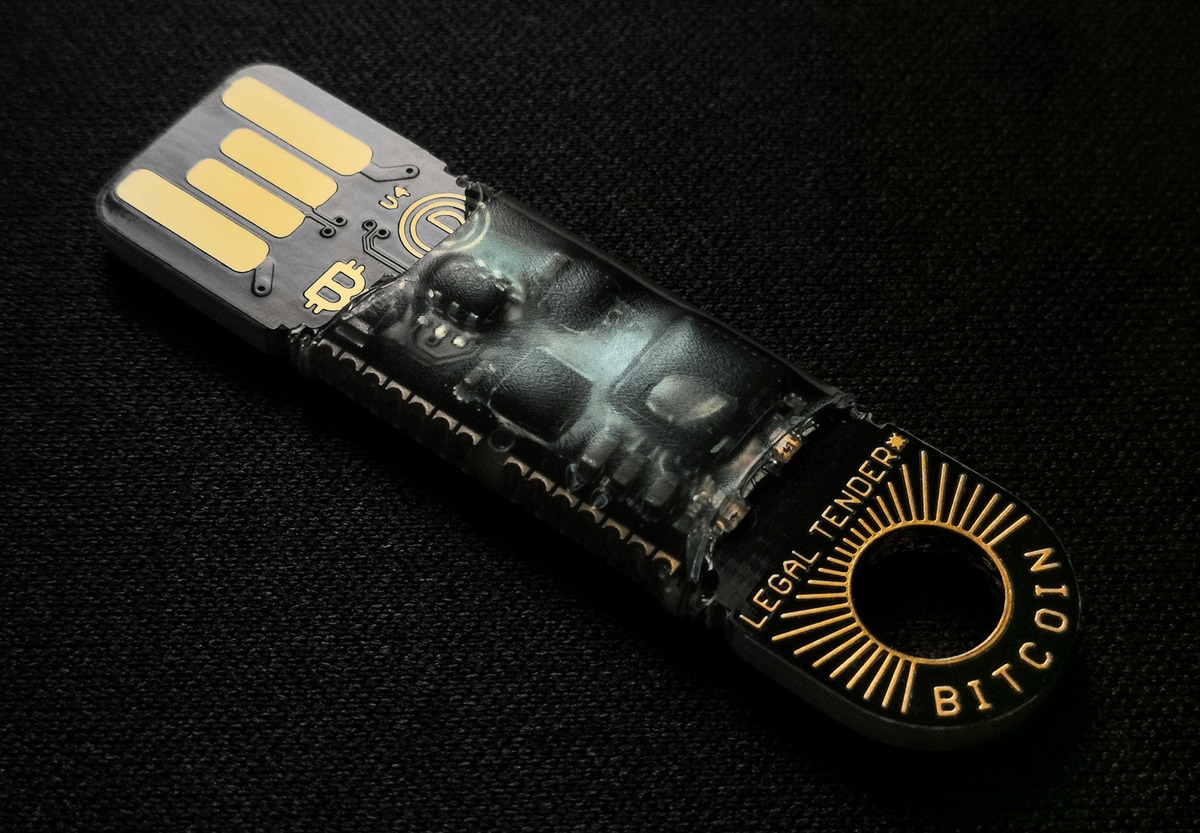A seed phrase (also called a recovery phrase) is a set of 12–24 words that backs up your entire Bitcoin wallet. It allows you to restore access to all your private keys and funds. Modern wallets use HD (Hierarchical Deterministic) standards to derive many keys and addresses from one seed.
Key Takeaways
- Seed phrase = master backup: With it, you can restore your wallet on any compatible device.
- HD wallets = many keys, one seed: All your addresses and keys come from a single root seed.
- Never share your seed phrase: Anyone who sees it can spend your coins.
- Optional passphrase: Adds extra protection, often called the “25th word.”
What Is a Seed Phrase?
A seed phrase is a human-readable backup of your wallet’s master key, usually 12–24 random words (BIP39 standard). It replaces the need to back up long strings of numbers (private keys) and makes recovery simple.
- Generated by wallet: When you first create a wallet, it gives you a seed phrase.
- Recovery tool: Lose your phone? Restore on a new one with the seed phrase.
- Critical secret: Sharing it = handing over all your Bitcoin.
What Are HD Wallets?
HD (Hierarchical Deterministic) wallets (BIP32) generate a tree of keys from a single seed. This means one backup phrase gives access to unlimited addresses and accounts.
- Deterministic: The same seed always recreates the same keys.
- Hierarchical: Organizes keys into accounts, change addresses, etc.
- Compatibility: Standard derivation paths (BIP44/49/84/86) ensure wallets can restore across apps and devices.
How It Works (Step by Step)
- Wallet generates seed: A random number is converted into 12–24 words.
- Master key derived: The seed creates a master private key.
- Extended keys (xprv/xpub): From the master key, wallets derive child private/public keys.
- Addresses created: Public keys are encoded into addresses (
1...,bc1q...,bc1p...). - Backup & restore: With the same seed, the wallet rebuilds the entire keychain.
Security Best Practices
- Write it down on paper or metal: Never store it digitally (photos, cloud, email).
- Store in multiple safe places: Protect against fire, theft, or loss.
- Use a passphrase: Adds an extra layer of security—without it, the seed is incomplete.
- Test your backup: Try restoring on a spare wallet before depositing large funds.
Common Mistakes (and How to Avoid Them)
- Taking a screenshot: Malware often scans devices for seed phrases.
- Confusing password with seed: The 12–24 words ARE your wallet.
- Losing the backup: Without it, lost funds are unrecoverable.
- Not backing up passphrase: If you use one, you must also back it up.
Advanced: Extended Keys & Multisig
- xprv: Extended private key. Can derive all child private keys. Never share.
- xpub: Extended public key. For watch-only wallets—can generate receive addresses but not spend.
- Multisig: Split security across multiple seed phrases/keys (e.g., 2-of-3 setup).
FAQ
Can two wallets generate the same seed phrase?
It’s statistically impossible with proper randomness. The number of possible seeds is astronomically large.
What happens if I lose my seed phrase?
You cannot recover your Bitcoin. Always keep backups safe and secure.
What’s the difference between a password and a passphrase?
The passphrase is an extra word (the “25th word”) added to your seed. Without it, the wallet derived is completely different.
Can I change my seed phrase?
No. To change it, you must create a new wallet and move your funds.





